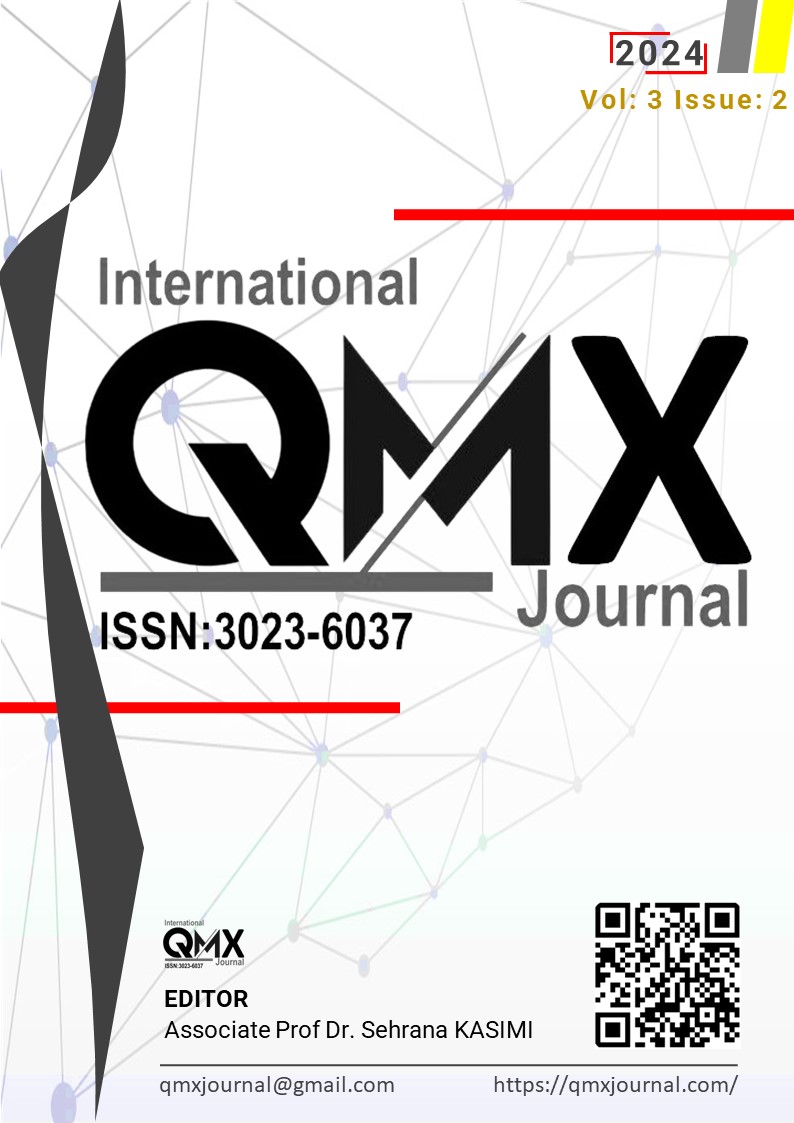Author :
Abstract
İşbirliğine dayalı öğrenme, öğrenciler arasındaki etkileşimi güçlendirerek potansiyel gelişimlerini teşvik eder. Grup içindeki etkileşim ve destek, öğrencilere öğrenme sürecinde daha güçlü bir bağlam sunar, bu da öğrenci motivasyonunu artırabilir, ders içeriğine daha fazla ilgi göstermelerini sağlayabilir ve öğrenci başarısını olumlu yönde etkileyebilir. İşbirliğine dayalı öğrenme, öğrencilerin bilişsel, sosyal ve duygusal gelişimine katkıda bulunur. Grup içindeki etkileşim, öğrencilere iletişim, işbirliği, liderlik ve problem çözme becerileri gibi önemli yetenekleri geliştirme fırsatı tanır. Bu beceriler, öğrencilerin sadece akademik başarı elde etmekle kalmayıp aynı zamanda yaşamları boyunca karşılaşacakları zorluklarla başa çıkma yeteneklerini de artırabilir. İşbirliğine dayalı öğrenme, öğretmenlerin rolünü değiştirerek öğrenci merkezli öğretim yaklaşımlarını teşvik eder. Öğretmenler, öğrencilerin kendi öğrenmelerini yönetmelerine rehberlik eder, grup içindeki etkileşimi destekler ve öğrencilere geri bildirim sağlar. Bu, öğretmenlerin daha fazla rehberlik ve destek sağlayarak öğrenci başarılarını artırmasına olanak tanır. Gelecekte, işbirliğine dayalı öğrenme modeli eğitimde daha da önemli bir rol oynayabilir. Teknolojinin ilerlemesi, küreselleşme ve değişen iş dünyası, öğrencilere işbirliği ve iletişim becerilerini geliştirmeleri konusunda daha fazla ihtiyaç duyacakları bir ortam sunar. Bu nedenle, eğitim sistemleri işbirliğine dayalı öğrenmeyi daha fazla benimseyebilir ve öğrencilere bu becerileri kazandırmak için yenilikçi yaklaşımlar geliştirebilir. Sonuç olarak, işbirliğine dayalı öğrenme, öğrencilere sadece akademik bilgi aktarmakla kalmayıp aynı zamanda sosyal beceriler kazanma, grup içinde etkileşimde bulunma ve gerçek dünya problemlerine çözüm bulma yeteneklerini geliştirme fırsatı sunan önemli bir öğrenme modelidir. Bu model, öğrencilerin bireysel ve toplumsal gelişimlerine katkıda bulunarak gelecekteki liderlerin ve profesyonellerin yeteneklerini şekillendirebilir. Anahtar Kelimeler: İşbirliğine Dayalı Öğrenme, Toplumsal Öğrenme.
Keywords
Abstract
Collaborative learning strengthens interaction among students, encouraging their potential development. Interaction and support within a group provide students with a more robust context in the learning process, which can enhance student motivation, foster greater interest in course content, and positively impact student success. Collaborative learning contributes to students' cognitive, social, and emotional development. Interaction within a group offers opportunities for students to develop important skills such as communication, collaboration, leadership, and problem-solving. These skills can not only lead to academic success but also enhance their ability to cope with challenges throughout their lives. Collaborative learning changes the role of teachers by promoting student-centered teaching approaches. Teachers guide students in managing their own learning, support interaction within groups, and provide feedback to students. This allows teachers to enhance student achievements by offering more guidance and support. In the future, the collaborative learning model may play an even more significant role in education. Technological advancements, globalization, and changes in the business world create an environment where students will increasingly need to develop collaboration and communication skills. Therefore, education systems may embrace collaborative learning more and develop innovative approaches to impart these skills to students. In conclusion, collaborative learning is an important learning model that not only imparts academic knowledge to students but also provides an opportunity to acquire social skills, engage in group interactions, and develop problem-solving abilities for real-world issues. This model can contribute to both individual and societal development, shaping the capabilities of future leaders and professionals.
